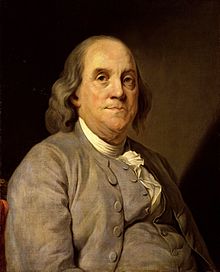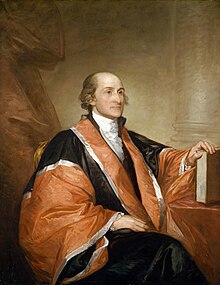Phatscotty wrote:BigBallinStalin wrote:Phatscotty wrote:
Maybe if they see good results it will be free or reduced. I think it's bunk too that they have to pay for it.
Also none of this has anything to do with stereotypes or one that implies the poor are bigger users. It's the principal that it's taxpayer money and welfare is supposed to help people.
To put it generally, it's just one form of welfare abuse. If the welfare is being abused, then we shouldn't provide the abuser with welfare. What's wrong with that?
If you feel that welfare doesn't help people in the long-run, then filtering out a very small proportion for addiction to illicit drugs isn't the correct solution.
I found it interesting to learn today that there are fewer people serving time in prison for non violent drug offenses than there are drug addicted welfare abusers, even at the minimal 2% level. I'm not sure where you are on NVDoffeners doing prison time,
but perhaps that should not even be an issue since it's a very small percentage of people.
Phatscotty, that isn't my position. My position is that since illicit drug users account for only 2% of the total, then the potential benefits become very, very slim. If that figure was 50%, then your policy would be easier to justify. Since it's 2%, it becomes harder to justify, because the costs are more likely to offset the benefits. (Besides, NVD offenders account for roughly 33% of the penal system, which is about 2,000,000 people; however, the costs incurred by society, their family, the loss in production, etc. are enormous.
If you actually cared about the negative effects of drug addiction, then you wouldn't focus on only welfare recipients. You'd focus on the bottom 20% up to the middle class, AND you'd focus on mitigating the negative effects of drug addiction... but you don't. Not at all... which seems suspicious.
Phatscotty wrote:Welfare can help people and it can hurt people. There isn't anything wrong with me pointing out one part of the hurt and trying to make it better. All I am askin for is a little bit of oversight.
You ask for oversight (a.k.a. reduction of liberty) with good intentions, but your good intentions don't guarantee good results simply because they're good intentions. Soviet economists believed that through socialist calculus, they could design a better life for people. Again, good intentions, with terrible results.
The hurt which you target isn't welfare itself nor the reasons for it because you only focus on the effects of only illegal drugs with a policy that would ineffectively mitigate such a problem compared to more effective solutions.
Phatscotty wrote:The reason I'm never going to give up on this is because, as I have said before, I know people who are scamming the system on so many levels that it's disgusting. See I'm not pretending like a lot of you are. I'm talking about an issue that affects friends/family/neighbors etc. I'm talking about them getting free medical insurance, food stamps, welfare even though they live with their parents, and with that insurance every month he gets his medications for free and then sells them on the street and buys even more drugs, and this guy is perfectly able to work, except, he can't stay clean..... The whole fucking scenario is absolutely sickening. You guys can imagine how you think it is or isn't, I'm only doing this because of what I know it is, and that is severe abuse of the system.
If scamming welfare is the issue, then drug-testing wouldn't effectively address scamming the system.
If the issue is the detrimental effects of welfare itself, then drug-testing wouldn't effectively address that.
And your story is adorable, but it's just a story--no real facts. Give me some research on the detrimental effects of welfare, and then we can have a proper discussion. Until then, you're grabbing at unrelated issues in order to justify your drug-testing policy.
Phatscotty wrote:No, charging the applicants for their owns tests is not the best idea, or application fees, there are a thousand different ways to deal with the problems. This is just one small step in returning our county to fiscally stability and personal responsibility overall.
If fiscal policy is the issue, then why waste so much time on such a measly sum? You're talking about the chance to filter out roughly 2% of all welfare applicants based on some unknown cost. According to the
Heritage Foundation, "in fiscal year (FY) 2008, total government spending on means-tested welfare or aid to the poor amounted to $714 billion."
So, 2% of $714 billion is $14.3 billion, assuming that 2% is the national figure and assuming that your policy is 100% effective, costs $0.00, and incurs no additional costs from unintended consequences (e.g. increased crime from drug users whose recent funding was cut; increased spending on police to combat the increase in crime; increased court costs; etc.).
In order for you to reasonably support such a position, you still need to provide real costs and estimated additional costs. Until then, you support this issue because you
feel like it. It's merely pleasing to you--no matter how weak and/or unrelated your justifications are.









































































 Like I must answer 17 questions of yours on demand? and if I don't, I have no idea what I'm talking about.
Like I must answer 17 questions of yours on demand? and if I don't, I have no idea what I'm talking about. 
